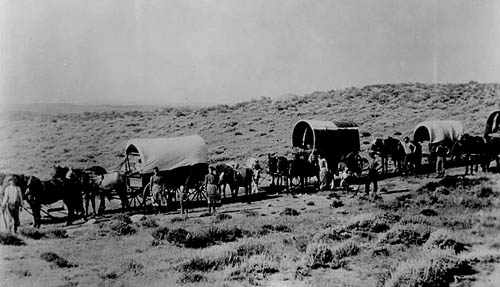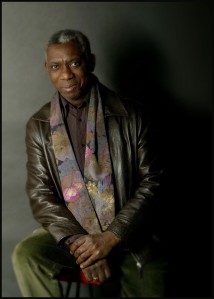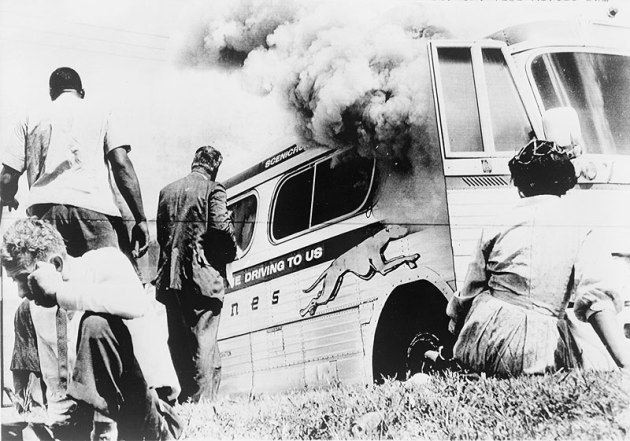“. . . structurally positioned outside the human family, and its claims to integrity, honor, and visibility. . .” (Tryon P. Woods)
November 25, 2014 Leave a comment
Since November 21 I have been trying to write a piece that I’d feel comfortable publishing here. The anniversary of President Kennedy’s assassination, yet another loss in my personal life, the joy of working with unusually eager-to-learn college students (that is, athletes). I’ve approached these subjects with humor, or with seriousness, or even with the desperation I feel much of the time these days).
Nothing.
And then this morning, as everyone knows, the news is full of the violence in Ferguson, MO, resulting from the decision of the grand jury not to indict Darren Wilson for the murder of Michael Brown.
When I was a kid, my parents gave my brother and me a couple of picture books, stories about a “day in the life” of a couple of black kids living in an American city. These were not children’s books with nice drawings and cute poetry. They were photo-essays. Real photographs of real kids doing what kids do.
The books disappeared decades ago, but the memory did not.
I just did a Google image search for, “1950s photos children’s books black kids at home.” Page after page of black and white photos of children—not a single black child among them. Is that indicative of anything? The reality of the ‘50s—or, more probably, the reality of the obliteration of blacks that still exists in the United States such that Google doesn’t know how to find a single photo from a black children’s book.
My father was born in Kansas City, Missouri, my mother in Kansas City, Kansas. When I was a kid, my relatives who still lived in Kansas City, two of my mother’s brothers and their families, and all of my grandparents lived in Kansas. Both of my mother’s brothers and their wives worked in KCMO.
One of my uncles was a ham radio operator. His license plate number was his call letters—how I remember this, I cannot imagine—K Ø THP. I guess that’s still the format for ham radio operators. (On second thought, I do know how I remember it—I made it into a little melody and sang it in my head incessantly.) I remember on one of our visits to KC, my uncle was in a dither because the police had come looking for him thinking he had committed some offense or another. The reason was that “some nigger has the same license as mine except it’s O, not zero.”
I was always shocked when I heard my uncles used the “N” word because it was absolutely forbidden in our home. The last time I remember hearing one of my uncles use the word was in 1995 when I was visiting in Kansas City. By that time my mother’s oldest brother and his wife had moved to a retirement community in Missouri, and the occasion of the use of the word was at dinner at their home with all of the KC relatives.
1995.
I was more than shocked. 1995.
It’s not surprising in hindsight that my parents did everything they could way out in Scottsbluff, NE, to help us be comfortable with racial difference. The first black person I ever spoke to was a man who moved to our town from somewhere in the Eastern US and came to our church. I was in 6th grade.
My sister remembers playing dolls with the little black girl who lived next door to our grandmother in KCK—playing with the backyard fence between them because we were not allowed to have any contact with the family. My uncles were visibly relieved when Grandmother’s house (where they had all grown up) was taken by eminent domain for a new freeway, and she was no longer the only white living in a neighborhood that had “turned.”
My guess is that everyone who might be reading this has, somewhere in their family background, stories like these to tell. And, while they may be more obvious in the South, they are by no means exclusive to the South.
Remember Louise Day Hicks and the National Guard protecting black students on their way to newly segregated schools in Boston in 1975? Hicks was elected to the House of Representatives saying in her campaign there were “at least one hundred black people walking around in the black community who have killed white people during the last two years.” There were 223 murders in Boston in 1973-1974, but only two dozen involved blacks killing whites.
Fast-forward to yesterday.
Does anyone really believe that in the short 40 years since Louise Day Hicks created violence in Boston we have moved to a “postracialist” society? In Ferguson, Missouri, or anywhere else?
Give me a break. Or, rather, if anyone believes it, I have a piece of land in Fakahatchee Strand I’ll sell them.
I do not mean to be flip. Or to make a joke about the most serious problem facing our nation. It’s not ISIS, or Afghanistan, or Wall Street banks. Or Chinese imports, Or Iranian nuclear warheads.
It’s RACISM.
Nowhere is the racism more obvious than in reactions to our President. In a posting today about the President’s reticence to speak about Ferguson, Ezra Klein says,
President Obama’s speeches polarize in a way candidate Obama’s didn’t. Obama’s supporters often want to see their president “leading,” but the White House knows that when Obama leads, his critics become even less likely to follow. The evidence political scientists have gathered documenting this dynamic is overwhelming. . .
And this dynamic is powered by racism—read Klein’s article. It’s convincing.
I am not qualified to write about racism except by my observation and my conversations with black university students over the past 15 years. So I’ll end this musing—thinking about what seems to be the imponderable and the intractable—with a couple of quotes from respected academics.
How can we read the present context of increasing black dispossession and criminalization and the historical context of black struggles for self-determination and representation within contemporary cultural production? How is a popular hip hop song that explicitly recalls an infamous police beating, and implicitly brackets the ensuing historic urban uprising, connected to a sonic and visual landscape that consolidates black suffering and its invisibility today, that further eclipses the historical context of (ongoing) black struggles for self-determination, and that endeavors to marshal all manner of black expression into the new discourse of containment, “postracialism”?
Woods Tryon P. “’Beat It like a Cop.’ Erotic Cultural Politics of Punishment in the Era of ‘Postracialism.’” Social Text 114 •Vol. 31, No. 1 •Spring 2013
Dr. Woods is Assistant Prof of Sociology, Anthropology, and Crime & Justice Studies at the University of Massachusetts, Dartmouth, where he is affiliated with the African and African American and Women and Gender Studies programs.
And
Our criminal justice system is in constitutional crisis–a crisis that the courts have yet to recognize. Over the past generation, America has waged an increasingly punitive war on crime, and the casualties of that war have been disproportionately people of color. Even a casual observer of the American system of punishment would be struck by its racial disparities. Yet the Supreme Court has failed to see a problem of constitutional dimension. This judicial blindness is the product of a deficient construction of the Eighth Amendment- a construction that takes its shape from majority norms rather than counter majoritarian principles.
Cover, Aliza. “Cruel And Invisible Punishment.” Brooklyn Law Review 79.3 (2014): 1141-1195.
Dr. Cover is Associate Professor of Law at the University Of Idaho College of Law.














